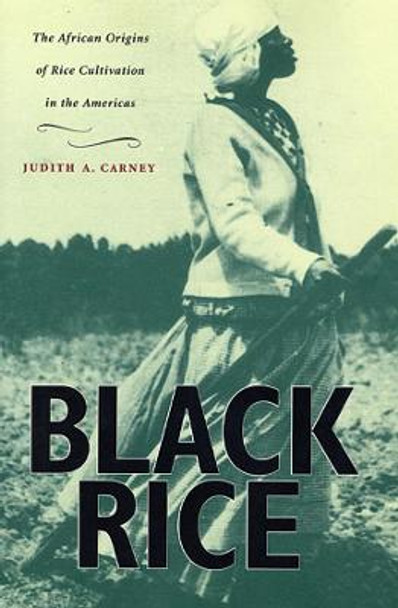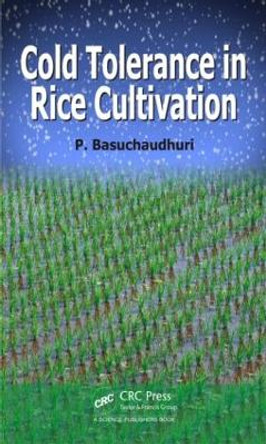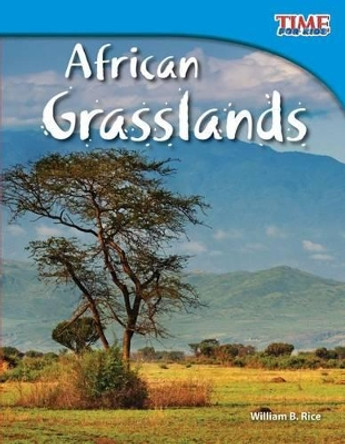Description
Few Americans identify slavery with the cultivation of rice, yet rice was a major plantation crop during the first three centuries of settlement in the Americas. Rice accompanied African slaves across the Middle Passage throughout the New World to Brazil, the Caribbean, and the southern United States. By the middle of the eighteenth century, rice plantations in South Carolina and the black slaves who worked them had created one of the most profitable economies in the world.
Black Rice tells the story of the true provenance of rice in the Americas. It establishes, through agricultural and historical evidence, the vital significance of rice in West African society for a millennium before Europeans arrived and the slave trade began. The standard belief that Europeans introduced rice to West Africa and then brought the knowledge of its cultivation to the Americas is a fundamental fallacy, one which succeeds in effacing the origins of the crop and the role of Africans and African-American slaves in transferring the seed, the cultivation skills, and the cultural practices necessary for establishing it in the New World.
In this vivid interpretation of rice and slaves in the Atlantic world, Judith Carney reveals how racism has shaped our historical memory and neglected this critical African contribution to the making of the Americas.
Black Rice is an original, knowledgeable, exciting, and important addition to the literature of the making and remaking of the Atlantic world. Judith Carney demonstrates how the trans-Atlantic transfer of rice cultivation marked not simply the movement of an important crop across the Atlantic, but also the relocation of an entire culture. -- Ira Berlin, author of Many Thousands Gone: The First Two Centuries of Slavery in North America An intrepid and observant researcher who links African rice to North and South America in fresh and convincing ways, Judith Carney's work is wide-ranging, provocative, and clear. Black Rice is a wonderfully rich and creative book about an amazing crop and the people who labored to grow it. You will never look at a bowl of rice--or the entire Atlantic basin--in quite the same way again. -- Peter H. Wood, author of Black Majority: Negroes in Colonial South Carolina from 1670 through the Stono Rebellion Black Rice is a luminous, brilliant account of innovation, resistance, and identity linking Old and New Worlds. Carney has unearthed a compelling, and hitherto neglected, aspect of Africa's contribution to the agrarian history of the Americas. A magisterial geographical history of the Black Atlantic. -- Michael Watts, University of California, Berkeley If there were a field of "Trans-Atlantic Subaltern Studies," Black Rice would represent both a foundation stone of the edifice and one of its most impressive achievements. -- James C. Scott, Yale University Among the very finest examples of what African Diaspora Studies should be: multidisciplinary, multilingual, broad in geographic scope, and focused on Africa and Africans as vital, active contributors to the technology and culture of the Americas. -- Gwendolyn Midlo Hall, author of Africans in Colonial Louisiana: The Development of Afro-Creole Culture in the Eighteenth Century With a fusion of highly original geographic, ethnographic, and historical analysis, Carney powerfully traces the provenance and provisioning of rice in the Americas, the profound role that it played in defining gender roles, and the myriad ways that slave labor altered the once hidden political ecology of rice landscapes. -- Karl Zimmerer, author of Changing Fortunes: Biodiversity and Peasant Livelihood in the Peruvian Andes
About the Author
Judith A. Carney is Professor of Geography at the University of California, Los Angeles.
Reviews
Exploring crops, landscapes and agricultural practices in Africa and America, [Carney] demonstrates the critical role Africans played in the creation of the system of rice production that provided the foundation of Carolina's wealth... This detailed study of historical botany, technological adaptation and agricultural diffusion adds depth to our understanding of slavery and makes a compelling case for 'the agency of slaves' in the creation of the South's economy and culture. -- Drew Gilpin Faust * New York Times Book Review *
Judith A. Carney's Black Rice: The African Origins of Rice Cultivation in the Americas...describes how the South Carolina rice industry was built not only on slave labor but on the agricultural and technological knowledge brought over by the Africans... [It] changes our understanding of the black contribution to American life. -- Barry Gewen * New York Times Book Review *
Black Rice sets out to discredit for good an old Southern recipe for history that depicts slaves as mere laborers who dumbly performed work their masters conceived. Carney tells it the other way around. After years visiting West African rice fields, then digging in archives on both sides of the Atlantic, she has emerged with evidence that early slave traders sought and seized Africans who had the abilities to grow a specific African rice... Black Rice might be called an agricultural detective story. The historical crime-and that's clearly how Carney sees it-is the relative lack of attention given to African rice. -- Allan M. Jalon * Los Angeles Times *
Contrary to common belief, [Carney] explains, rice was not brought by Europeans to the Americas by way of Asia, but rather was introduced here by Africans and cultivated by African-American slaves, particularly in South Carolina, where rice crops proved to be one of the most profitable plantation-based economies. Though this is a scholarly work, Carney's clear, uncluttered prose invites a wider readership. * Publishers Weekly *
Black Rice is an original, knowledgeable, exciting, and important addition to the literature of the making and remaking of the Atlantic world. Judith Carney demonstrates how the trans-Atlantic transfer of rice cultivation marked not simply the movement of an important crop across the Atlantic, but also the relocation of an entire culture. -- Ira Berlin, author of Many Thousands Gone: The First Two Centuries of Slavery in North America
Among the very finest examples of what African Diaspora Studies should be: multidisciplinary, multilingual, broad in geographic scope, and focused on Africa and Africans as vital, active contributors to the technology and culture of the Americas. -- Gwendolyn Midlo Hall, author of Africans in Colonial Louisiana: The Development of Afro-Creole Culture in the Eighteenth Century
If there were a field of 'Trans-Atlantic Subaltern Studies,' Black Rice would represent both a foundation stone of the edifice and one of its most impressive achievements. -- James C. Scott, Yale University
Black Rice is a luminous, brilliant account of innovation, resistance, and identity linking Old and New Worlds. Carney has unearthed a compelling, and hitherto neglected, aspect of Africa's contribution to the agrarian history of the Americas. A magisterial geographical history of the Black Atlantic. -- Michael Watts, University of California, Berkeley
An intrepid and observant researcher who links African rice to North and South America in fresh and convincing ways, Judith Carney's work is wide-ranging, provocative, and clear. Black Rice is a wonderfully rich and creative book about an amazing crop and the people who labored to grow it. You will never look at a bowl of rice-or the entire Atlantic basin-in quite the same way again. -- Peter H. Wood, author of Black Majority: Negroes in Colonial South Carolina from 1670 through the Stono Rebellion
With a fusion of highly original geographic, ethnographic, and historical analysis, Carney powerfully traces the provenance and provisioning of rice in the Americas, the profound role that it played in defining gender roles, and the myriad ways that slave labor altered the once hidden political ecology of rice landscapes. -- Karl Zimmerer, author of Changing Fortunes: Biodiversity and Peasant Livelihood in the Peruvian Andes
Awards
Joint winner of African Studies Association (ASA) Best Book Prize (formerly known as the Melville J. Herskovits Prize) 2002. Nominated for James A. Rawley Prize in Atlantic History 2001 and Theodore Saloutos Memorial Book Award 2002 and Wesley-Logan Prize 2001 and Theodore Saloutos Memorial Award 2001 and Charles S. Sydnor Award 2002 and Julia Cherry Spruill Prize 2002 and Allan Sharlin Memorial Award 2002.
Book Information
ISBN 9780674008342
Author Judith A. Carney
Format Paperback
Page Count 256
Imprint Harvard University Press
Publisher Harvard University Press
Weight(grams) 376g




